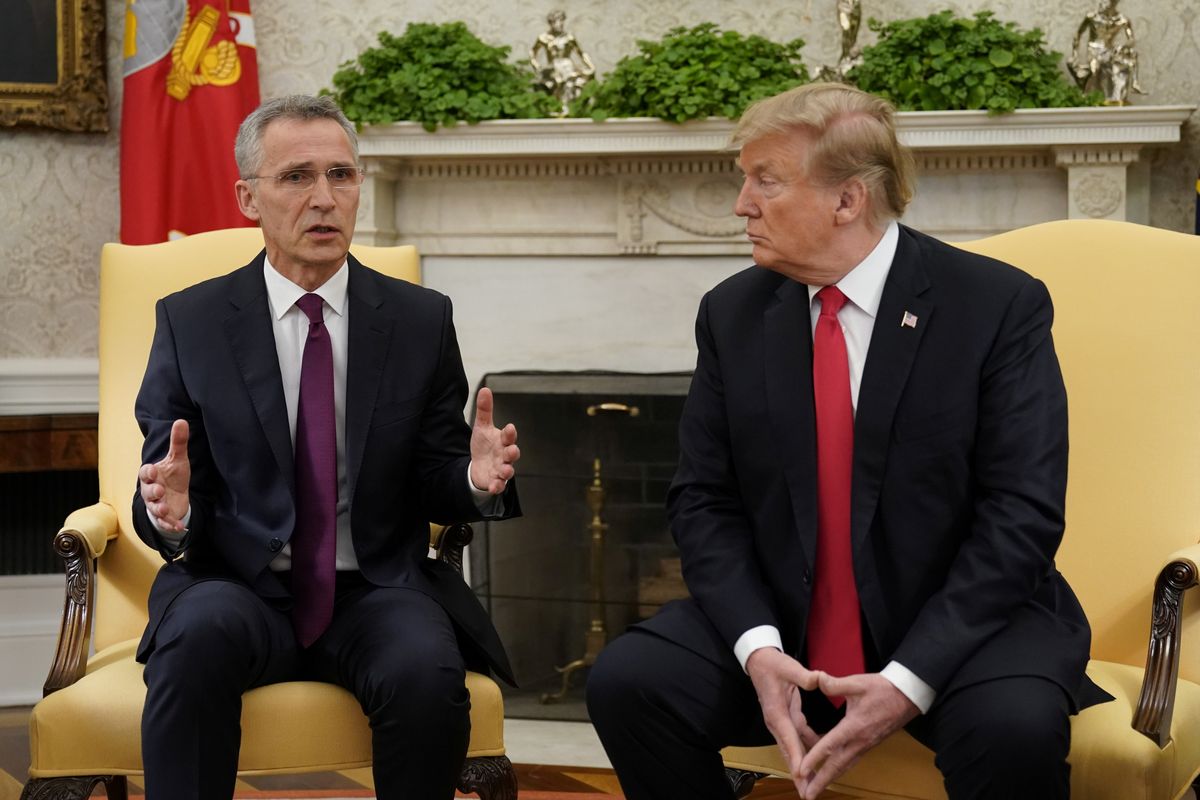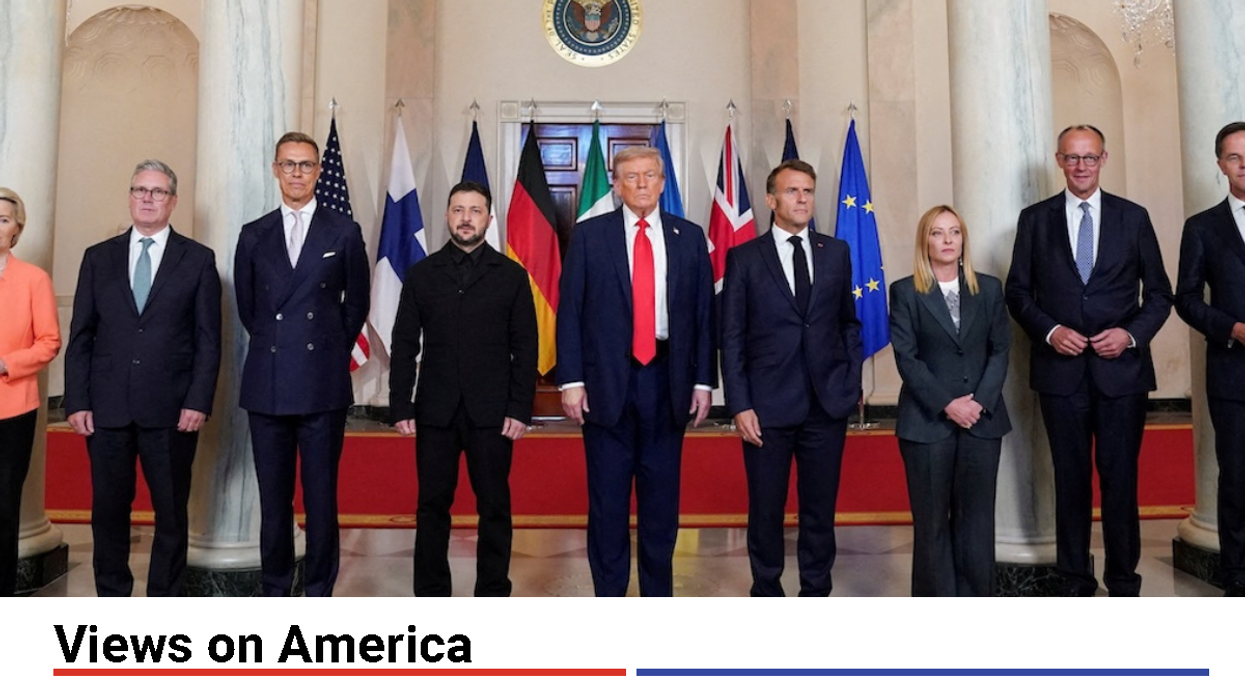NATO turns 70 years old this week. To mark the event, NATO Secretary General Jens Stoltenberg will deliver a speech in front of a joint session of Congress later today. It's the first such speech by a NATO chief, and it comes as the trans-Atlantic military alliance – which has already outlived the Soviet Union by nearly three decades – faces what may be its toughest challenge yet.
Since the end of the Cold War, NATO has been dogged by a crisis of purpose. What should its role be after the disappearance of its main foe? Protecting former Soviet states from Russia? Combatting terrorism? Fighting new battles in cyberspace?
But recently the alliance has been wrestling with an even more fundamental challenge: fading support from the United States, its most important member. Mr. Stoltenberg is trying to use his trip to Washington to boost American engagement.
Here are his three main audiences and what he hopes to accomplish with each:
President Trump has spent two years brow-beating fellow NATO members over military spending – part of a broader pushback against what he sees as raw deals for the US around the world. He's also sparked serious concern among its members by suggesting the US might reconsider its obligations under NATO's collective defense provision, which holds that an attack on one member is an attack on all. "We have no idea what Trump would do in a crisis," Poland's former foreign minister quipped after the US president's summit with Vladimir Putin in Helsinki last year. That's truly unprecedented.
Stoltenberg highlighted other NATO members' progress on "burden sharing" during a meeting with the US president on Tuesday. His speech today will be another opportunity to explain how America's allies are working to address the president's concerns.
Congress still overwhelmingly backs NATO. In January, the House voted 357-22 in favor of a bipartisan bill supporting the alliance. More important than his audience with President Trump, Mr. Stoltenberg will be seeking to reinforce Congress's commitment to a historically important alliance, while trying to ease lawmakers' qualms about members-states' funding contributions. His trip comes at the direct invitation of Congress, so he can safely expect several standing ovations.
Even if Congress remains unified in its support for NATO, the American public's views on the alliance are more divided than in the past. A 2017 poll by Gallup found that just 69 percent of Republicans felt that NATO was still necessary, down from 80 percent at the twilight of the Cold War in 1989. By contrast, around 97 percent of Democrats felt the alliance was worth keeping.
The bottom line: A solid majority of Americans still back NATO, but the more the alliance becomes a partisan issue, the greater the risk that a future Congress might not be so willing to stand up for a pact that so far has stood the test of time.

















